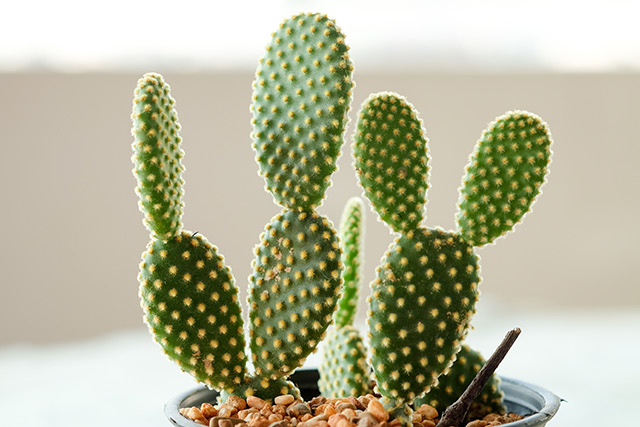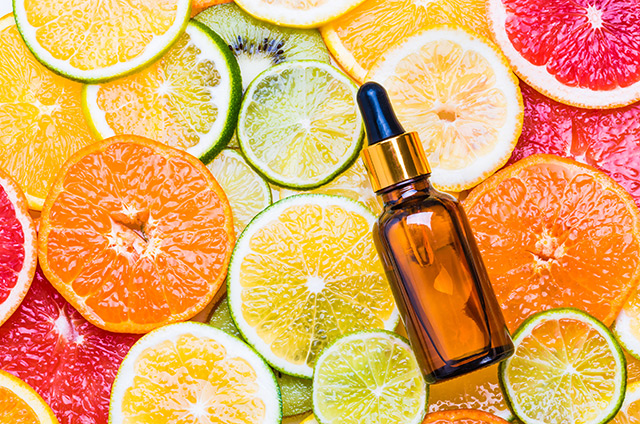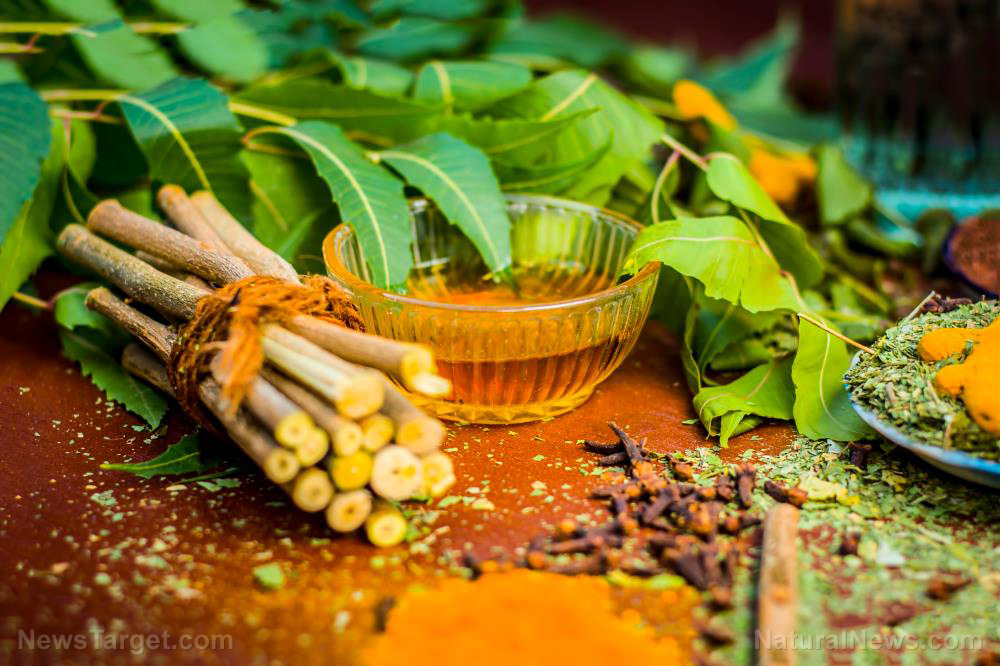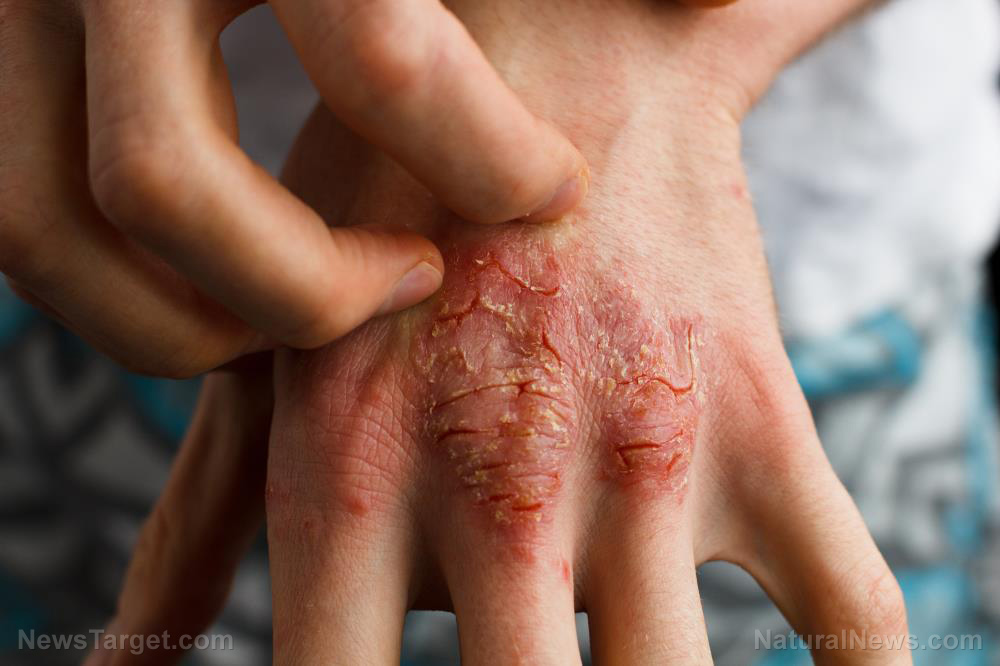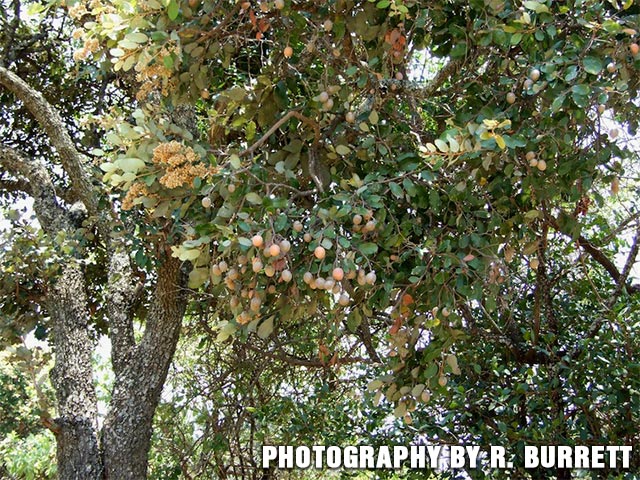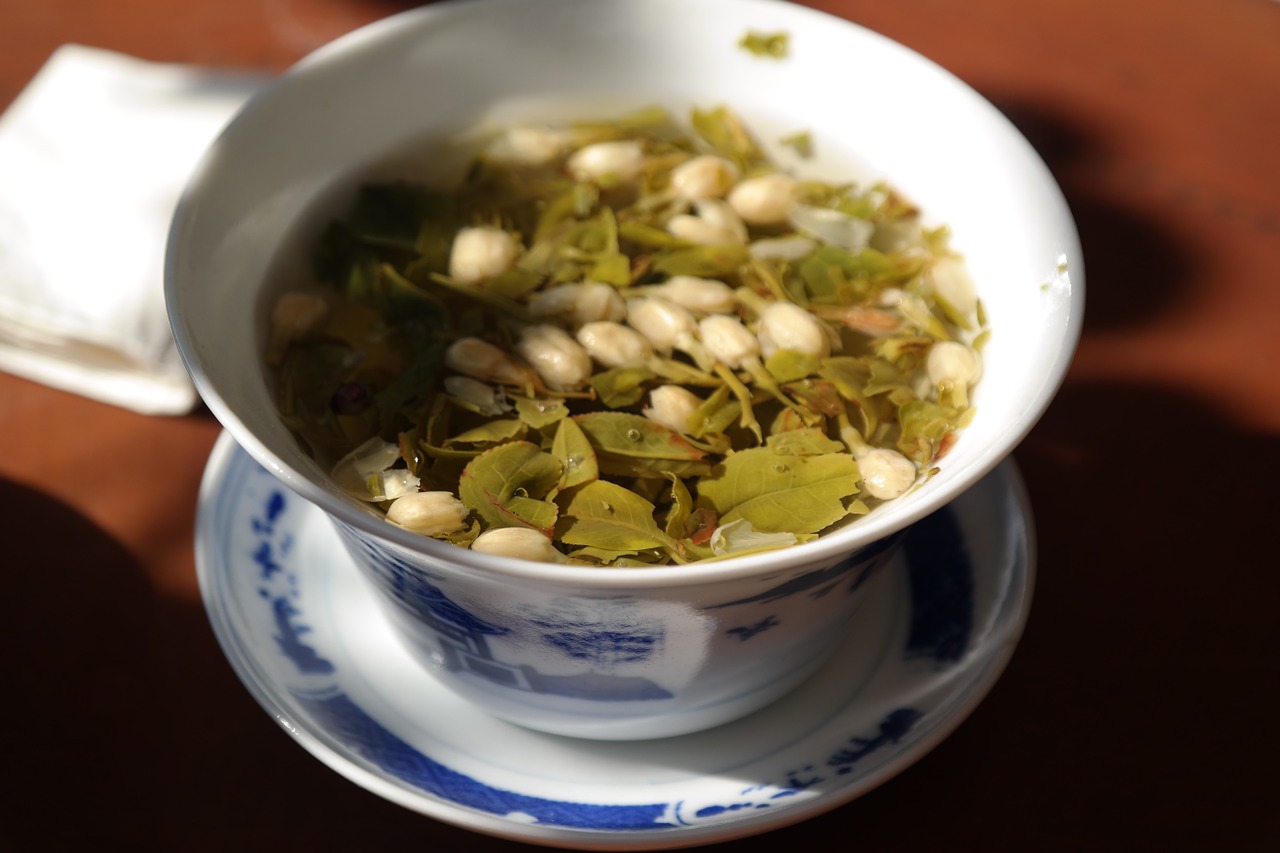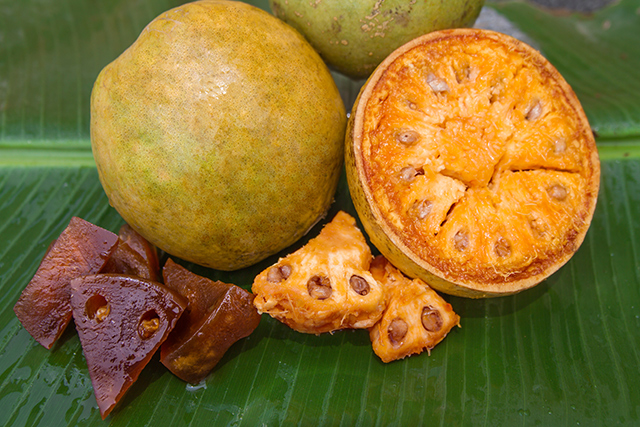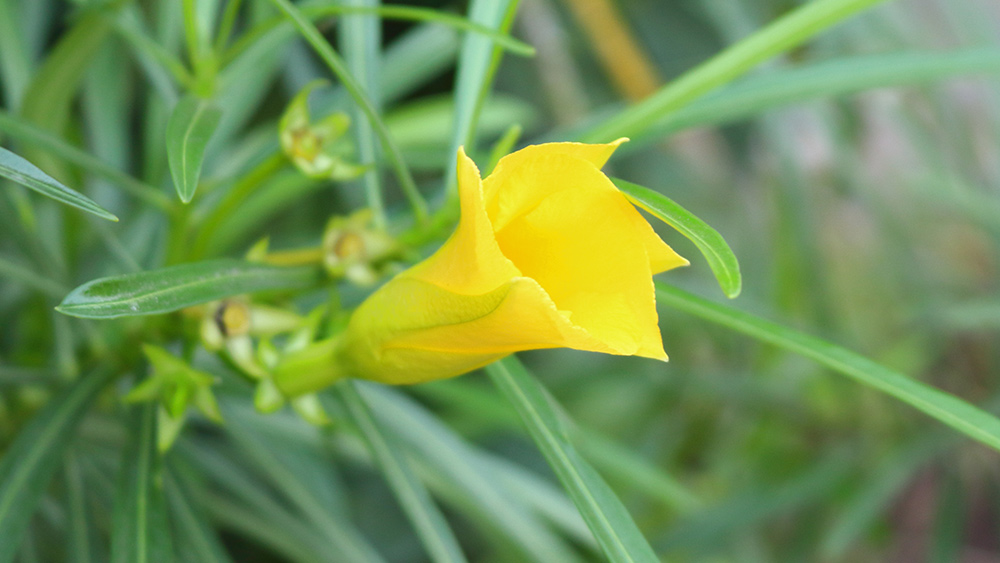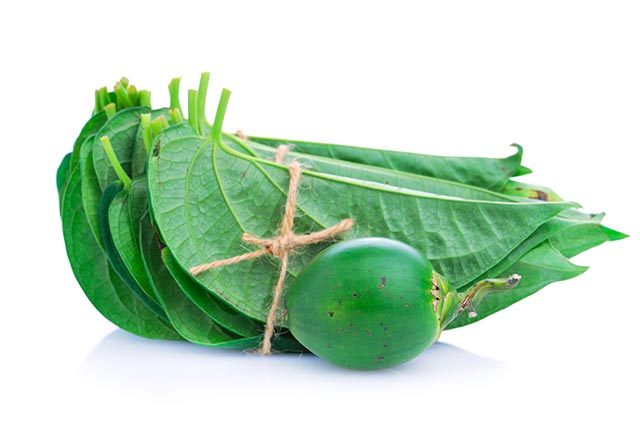Herbal supplement gingko biloba found to prevent cell death in the brain, improve recovery from stroke
01/03/2019 / By Rita Winters
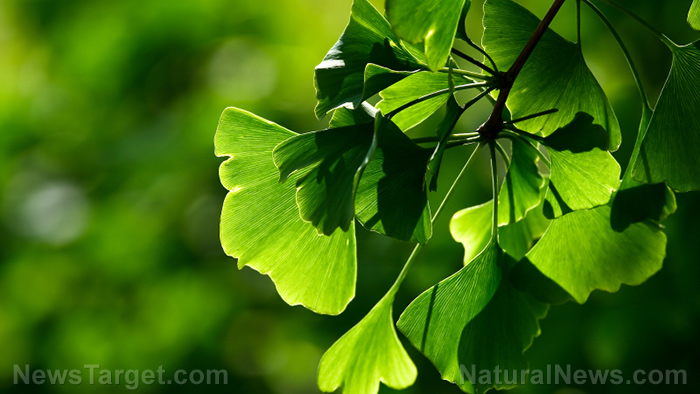
We need not look towards Big Pharma for solutions to our ailments, but only need to get back to our roots – literally. Among the world’s oldest trees is the ginkgo biloba, one of the most ancient and most popular solutions to many medical conditions. A study from Nanjing University in China found that ginkgo biloba may assist in stroke recovery and prevention of brain cell death.
Ginkgo biloba versus ischemic stroke
The study, led by Dr. Yun Xu from the Department of Neurology at the university, included 348 participants who had suffered an ischemic stroke. Each participant was assigned either a 450 milligram ginkgo biloba extract in three doses plus 100 milligrams of aspirin (179 people in total), or 100 milligrams of aspirin alone (169 in the control group). The dosage was prescribed every day for six months, one week after being admitted to the hospital from the stroke. Assessments were made by the researchers on the 12th, 30th, 90th, and 180th days of the trial using a test that measured memory, attention, and language skills.
Findings show that participants who took ginkgo biloba together with aspirin had better test scores compared to those who were only taking aspirins alone. Combining both the ginkgo biloba extract and aspirin treatment alleviates cognitive and neurological deficits after an acute ischaemic stroke without increasing the occurrence of negative vascular effects.
An ischemic or ischemic stroke is a type of stroke that happens when an artery to the brain gets blocked. It can be caused by a narrowing of the arteries in the neck or in the head, or atherosclerosis (cholesterol calcification or deposits). It is one of the most common kinds of stroke, with an occurrence rate of 88 percent of all strokes. Ischemic strokes have two types: Thrombotic and embolic. A thrombotic stroke is when damaged brain arteries are blocked by blood clots within the brain, while an embolic stroke is caused by a clot formed outside of the brain. People who are affected by this kind of stroke include older adults (60 years old above) and is more common among the African-American community compared to other ethnic groups.
What is ginkgo biloba?
Ginkgo biloba is one of the oldest living species of a tree native to China. It is known to have been used in traditional medicine and as a source of food. The leaves and the nuts of the tree have a high nutrient content, and is best known for its positive effects on the brain and nervous system.
Known uses for ginkgo biloba aside from stroke recovery include memory improvement, dementia, Alzheimer’s disease, anxiety, multiple sclerosis, tinnitus, sexual dysfunction, premenstrual syndrome, dizziness, headache, glaucoma, diabetic eye problems, and vertigo. (Related: Ginkgo biloba treats Alzheimer’s symptoms and improves mental function in healthy individuals.)
This wonder plant may have many benefits, but should not be used to self-medicate conditions, especially if symptoms are severe. It is always wise to consult a health professional prior to taking ginkgo biloba, or any other herbal remedy for that matter. Furthermore, conditions such as ischemic stroke and Alzheimer’s disease are not entirely cured by ginkgo biloba, but most of its symptoms are alleviated at most.
Sources include:
Tagged Under: Alzheimer's disease, brain food, brain supplement, dementia, ginkgo biloba, herbal medicine, Herbs, ischaemic stroke, ischemic stroke, medicinal herbs, memory, Naturopathy, research, stroke, stroke remedy, supplements


